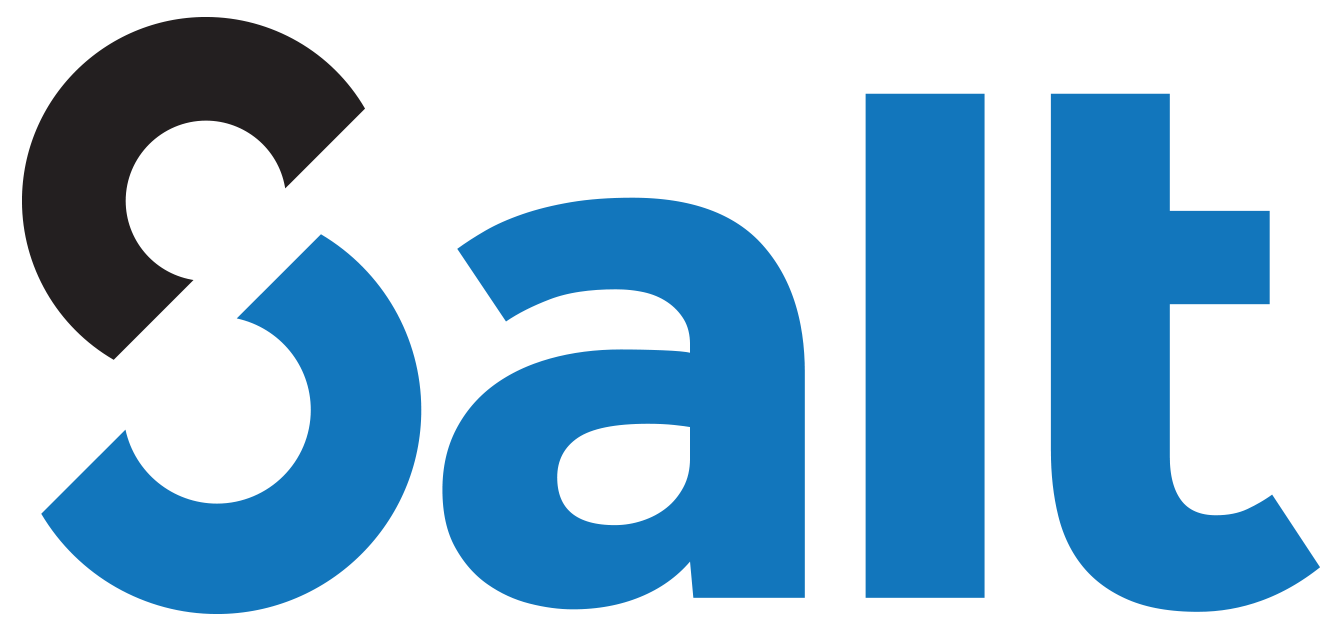15th European Conference on Technology Enhanced Learning (EC-TEL 2020)
The European Conference on Technology-Enhanced Learning (EC-TEL) engages researchers, practitioners, educational developers, entrepreneurs, industry leaders and policy makers to address current challenges and advances in the field. This year’s theme is ADDRESSING GLOBAL CHALLENGES AND QUALITY EDUCATION.
The world today is at a crossroad where several global challenges must be urgently addressed in order to build a more sustainable future. The United Nations Agenda 2030 defined 17 Sustainable Development Goals in which “Quality Education” stands out as one of the most crucial ones (SDG 4). This Sustainable Development Goal seeks to ensure access to equitable quality education and promote lifelong learning opportunities for all, providing citizens with the skills required for individual, and collective well-being in a world of uncertainty and rapid change. In an era mediated by technology and data, applied research in education and especially in technology-enhanced learning are fundamental to meet SDG 4, contribute to other Sustainable Development Goals, such as “Reduced Inequalities” (SDG 10) within and among countries, and act as a bridge between SDG 4 and other SDGs fostering education for a sustainable growth. This not only includes improving student performance and success in general but also supporting disadvantaged and under-represented groups.
At the same time, 2020 can become a turning point for research and innovation in Europe. This year the Horizon Europe programme is born to replace the successful Horizon 2020 programme, which has been a catalyst for many of the results presented by the EC-TEL community in the last seven years. Horizon Europe is meant to be the cornerstone for researchers and innovators to define their next research lines and obtain new funds for the next seven years. Many research results will surely be presented in future editions of this conference thanks to Horizon Europe. Interestingly, Horizon Europe defines, as one of its fundamental pillars, the need to address Global Challenges, clustered in areas, such as health, culture, creativity and inclusive society, or climate, energy and mobility, among others, and in which education, and more specifically technology-enhanced learning, play a transversal but crucial role.
The European Conference on Technology-Enhance Learning, which celebrates its 15th anniversary this year, is committed to address global challenges and quality education in this call for papers. First, some research articles are expected to contribute to the Sustainable Development Goals, particularly SDG 4 and SDG 10, to help to reduce the existing gaps and inequalities between countries and regions from around the world in terms of inclusiveness, equity, access, and quality of education. Second, the Horizon Europe programme will be present in the conversations of attendees since a significant part of upcoming research and innovation in technology-enhanced learning will be linked to this new programme.
Conference Topics
From both research and innovative practice perspectives the following topics of interest to the conference include, but are not limited to:
Pedagogical and theoretical underpinning
- Active learning
- Problem-based learning
- Project-based learning
- Computer-supported collaborative learning
- Computer-supported cooperative work
- Collaborative knowledge building
- Inquiry-based learning
- Exploratory and discovery learning
- Game-based and simulation-based learning
- Storytelling and reflection-based learning
- Learning design and design approaches
- Technology-enhanced orchestration of learning
- Communities of learners and communities of practice
- Teaching techniques and strategies for digital learning
- Learner affect, motivation and engagement
- Competency-based education and training
- Knowledge, skills, attitudes and values
Technological underpinning
- Mobile, wearable and pervasive technologies
- Sensors, sensor networks and Internet of Things
- Roomware, ambient displays and ubiquitous devices
- Robots
- Remote and virtual labs
- Augmented reality, virtual reality and mixed reality
- Serious games, simulations and 3D virtual worlds
- Interactive systems
- Context-aware systems
- Personalised and adaptive learning systems
- Visualisation techniques and dashboards
- Learning analytics
- Artificial intelligence
- Recommender systems
- Natural language processing and latent semantic analysis
- Semantic Web
- Social computing and social media
- Infrastructures and architectures
- Large-scale learning systems
- Specifications and standards
- Interoperability and sharing of devices, tools, architectures and data
Individual, social & organisational learning processes
- Cognitive and metacognitive mechanisms in knowledge acquisition and construction
- Self-regulated and self-directed learning
- Reflective learning
- Strategies for the development of 21st century skills
- Computational thinking
- Social processes in teams and communities
- Bring your own device (BYOD)
- Learning group formation
- Assessment of/for/as learning (formative, summative, self-, peer- assessment)
- Social awareness
- Sensemaking and Meaning Making
- Knowledge management and organisational learning
Ethics, privacy, regulations and policies
- Ethics and data gathering, storage and processing
- Data privacy
- Regulations and policies in data management
Learning communities and contexts
- Formal education: K-12
- Formal education: higher education
- Lifelong learning
- Informal and non-formal learning
- Interprofessional and Interdisciplinary Learning
- Vocational training
- Workplace learning
- Seamless learning
- Teacher education and professionalization
- Wellbeing
Global teaching and learning
- Global challenges
- Massive Open Online Courses (MOOC)
- Smart Learning Environments (SLEs)
- Open educational resources (OER)
- Learning Networks
- Teacher Networks
- Learning ecologies, learning ecosystems, fitness and evolvability of learning environments
- Business models
Quality education for underrepresented groups
- Digital and generation divide and learning
- Teaching and learning in rural and isolated areas
- Inclusive, equitable and accessible learning
- Standards about accessibility and learning
- Promoting learning and employability within underrepresented groups and communities
- Visual, hearing and physical impairments
- Psycho-pedagogical support for users

